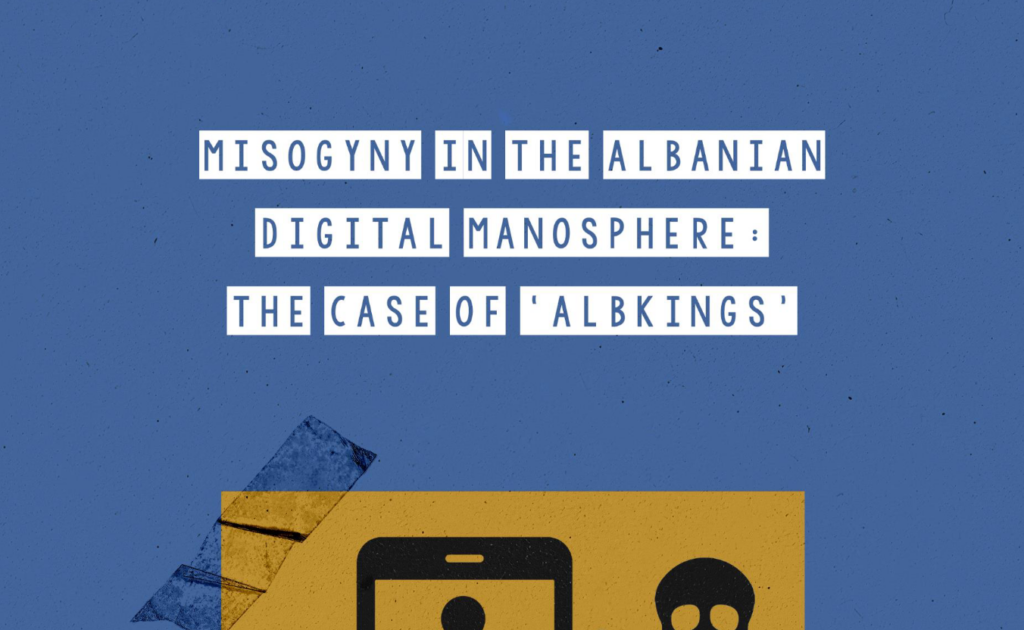A new report by the Balkan Investigative Reporting Network (BIRN) has brought to light significant gaps in Kosovo’s legal framework and institutional responses when it comes to addressing technology-facilitated and online gender-based violence.
The report, published on Tuesday, highlights the absence of specific internet regulations in Kosovo, which has created a legal vacuum, making it challenging for authorities to effectively protect citizens from online abuses. The report states, “Kosovo’s legal and policy framework dealing exclusively with issues of domestic and gender-based violence does not sufficiently address technology-facilitated abuse of women and girls.”
Titled “Misogyny in the Albanian Digital Manosphere: The case of ‘Albkings’,” the report comes in the wake of recent arrests made by Kosovo police and prosecution. Last month, seven suspects were apprehended for their involvement in a Telegram group known as Albkings, which was used to distribute derogatory videos, ‘deep fake’ images, and women’s personal information, including the phone number of a BIRN journalist. At the time of its shutdown, the Albkings group had over 100,000 members.
According to the report, while the Albkings group represents an extreme form of misogyny facilitated by digital technology, the problematic ideology it promotes is not limited to the online world. Rather, it reflects a patriarchal system that is deeply ingrained in Kosovar society and Albanian culture.
The report underscores the shortcomings in Kosovo’s legal structures and institutional responses in combating technology-facilitated and online gender-based violence. It highlights the influence wielded by technology conglomerates and the corresponding powerlessness of governments and national regulatory bodies in safeguarding citizens from online abuses.

Additionally, the report criticizes the normative discourse that has emerged in public discussions and media portrayals of the Albkings case, which have tended to depict the group’s members as socially deviant, psychologically disturbed, perverse, and misinformed. This, the report suggests, distracts from the broader societal issues that enable such groups to thrive.
The report also notes that Western Balkan countries face significant institutional challenges in effectively preventing gender-based violence driven by technology. Most countries in the region, including Kosovo, do not criminalize online gender-based violence and lack mechanisms to track such incidents.
Some of the arrests in Kosovo last month occurred shortly after BIRN reported to the Kosovo Police and the Pristina Basic Prosecution that a BIRN journalist’s phone number had been shared in the Albkings Telegram group.
Over several weeks, BIRN identified 427 videos posted between September 2020 and November 2023 that humiliate girls and women. These videos, shared by accounts in Kosovo, Albania, Bosnia and Herzegovina, Croatia, Montenegro, North Macedonia, Serbia, and Slovenia, have been viewed more than 30 million times, each attracting dozens, sometimes hundreds, of abusive comments.
The report further reveals that several of the videos identified by BIRN that were shared on TikTok by accounts in Kosovo were also circulated within the Albkings group.
The findings of this report underscore the urgent need for comprehensive legal reforms and stronger institutional mechanisms to combat technology-facilitated violence and ensure the protection of women and girls in Kosovo and across the Western Balkans.






